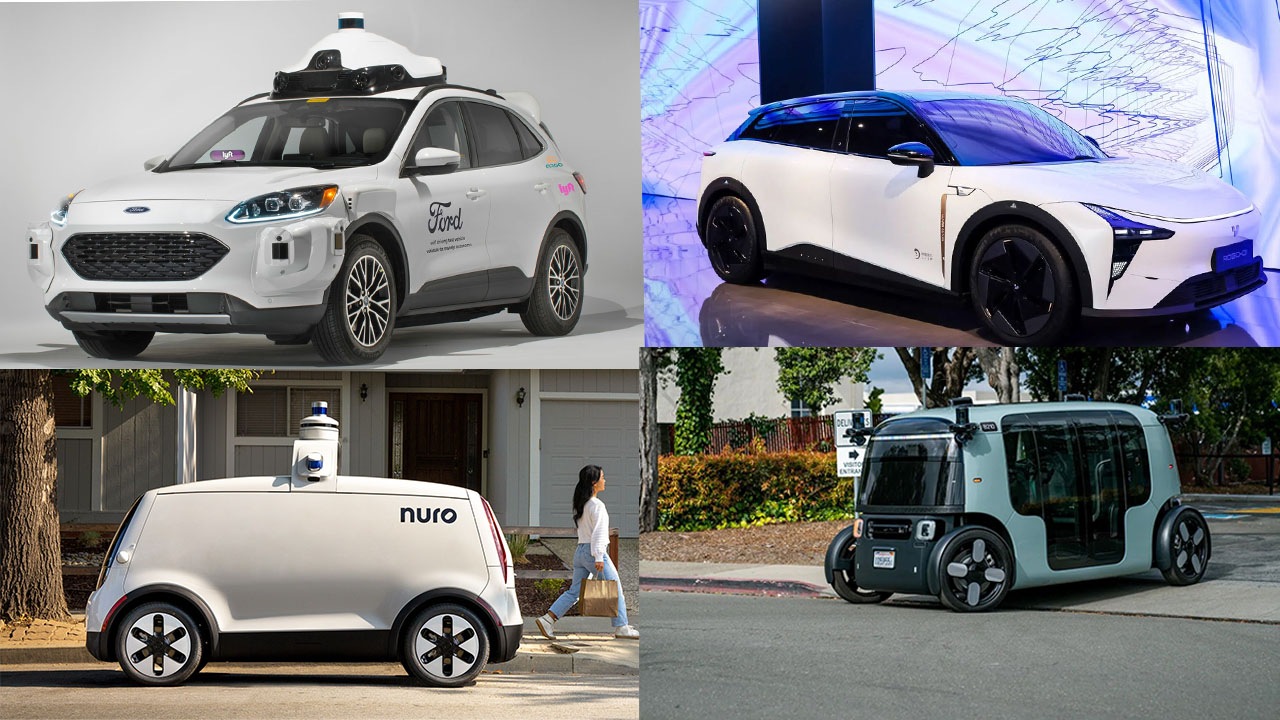With the implementation of The Automated Vehicles (AV) Act on May 20, 2024, the United Kingdom joined a growing roster of nations—such as the USA, Germany, Japan, China, France, Australia, Canada, Singapore, South Korea, the Netherlands, Sweden, and Spain—that have established legislation for driverless vehicles.
The Autonomous Vehicle ECU (Electronic Control Unit) market represents a dynamic and fast-evolving industry dedicated to developing advanced systems for autonomous driving technologies.
These systems empower driverless vehicles to perceive their surroundings, make decisions, and take actions without human intervention. This progress responds to increasing consumer demand for safer and more convenient transportation solutions.
Autonomous vehicles are set to revolutionize various industries, including defense, agriculture, mining, retail, and ride-hailing services.
Below are ten leading companies shaping the global space of this transformative technology, driving innovation across their respective fields.
1. Argo AI
Backed by automotive leaders Ford and Volkswagen, Argo AI exemplifies innovation in autonomous driving. The company has achieved significant milestones, including extensive real-world testing and key strategic partnerships.
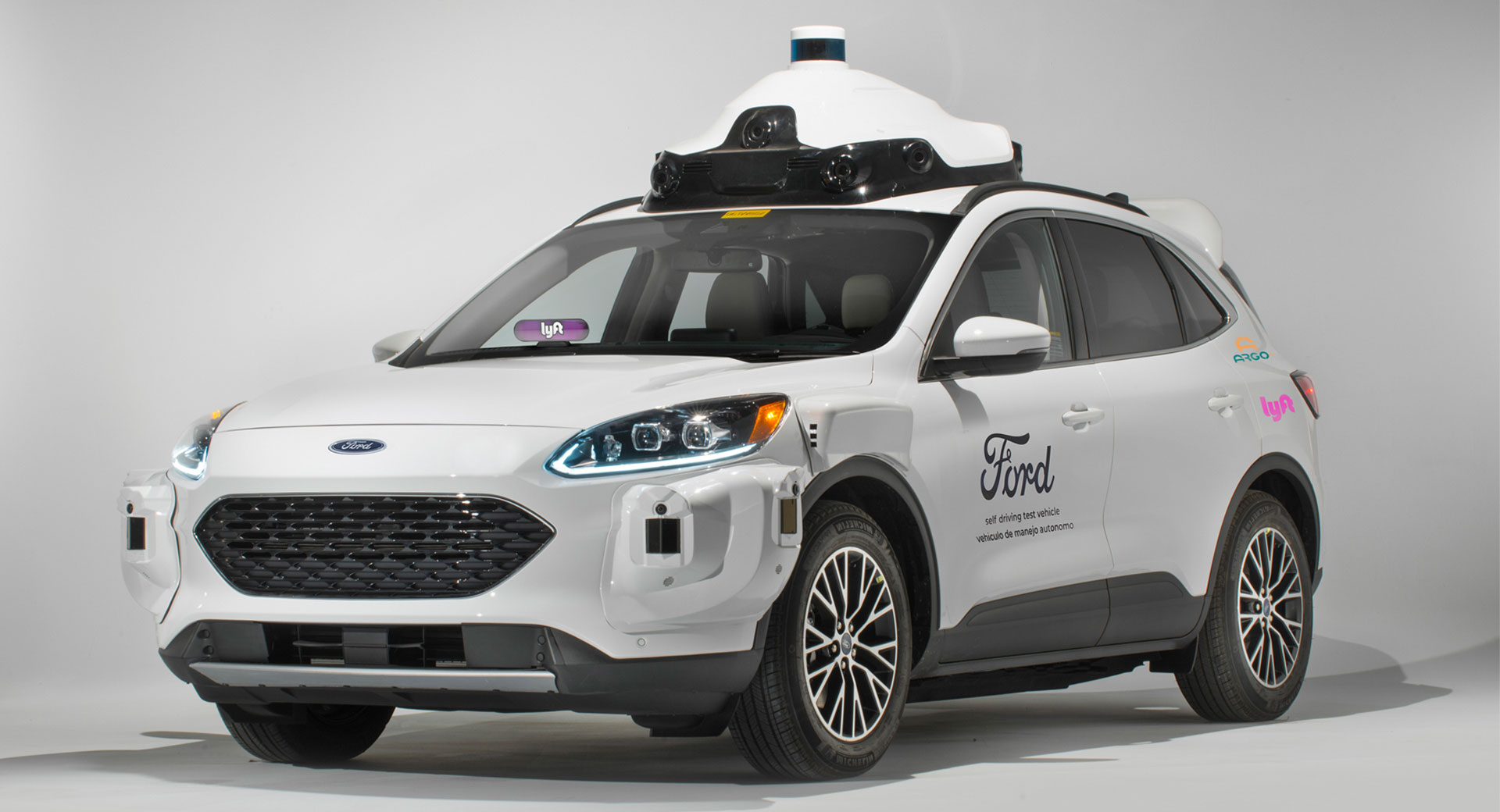
However, it faces several challenges, such as regulatory obstacles, ensuring safety, and the intricate task of integrating autonomous technology into urban settings.
2. Aptiv
Formerly known as Delphi Automotive, Aptiv is a major force in the autonomous vehicle space, focusing on autonomous driving and smart vehicle architecture.
A collaboration with Lyft highlights Aptiv’s ability to implement autonomous ride-hailing services in real-world scenarios.
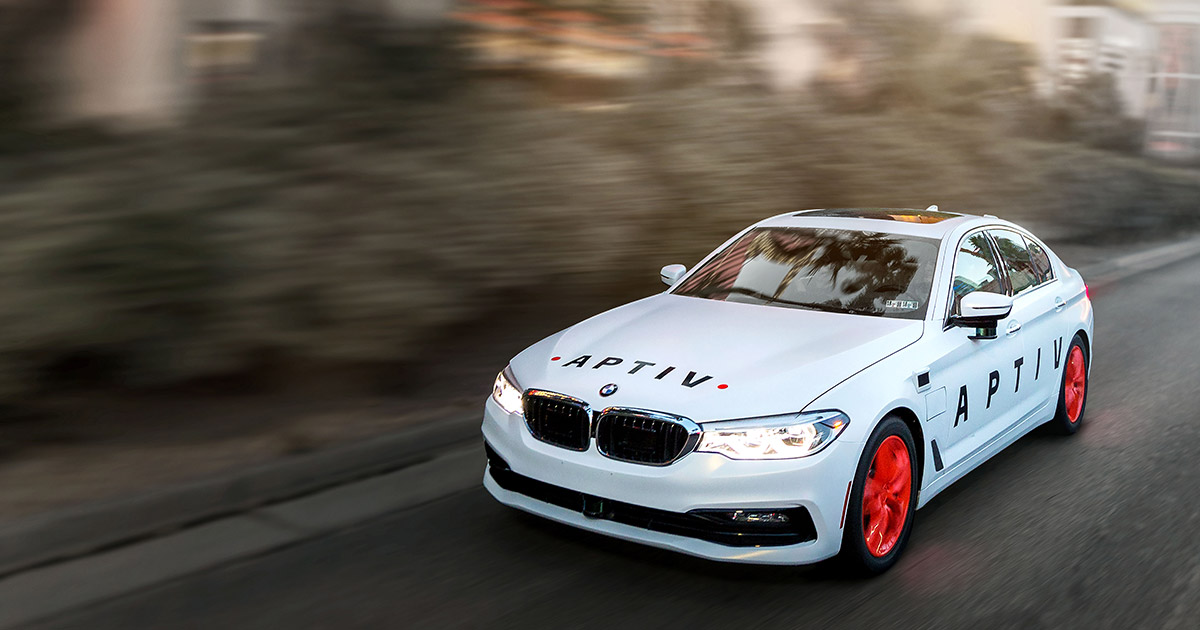
The company plays a pivotal role in ensuring the reliability and safety of autonomous systems while going through regulatory challenges and integrating advanced technologies into existing vehicle platforms.
3. Aurora
Founded by former leaders from Google, Tesla, and Uber’s autonomous vehicle programs, Aurora specializes in self-driving technology for passenger vehicles and freight trucks.

The company’s achievements include partnerships with Volvo and PACCAR. Aurora continues to address challenges such as regulatory navigation, safety in diverse conditions, and scaling its technology for commercial use.
4. Baidu
A leader in China’s tech space, Baidu is advancing autonomous driving through its Apollo project, which involves collaborations with automakers and urban governments.
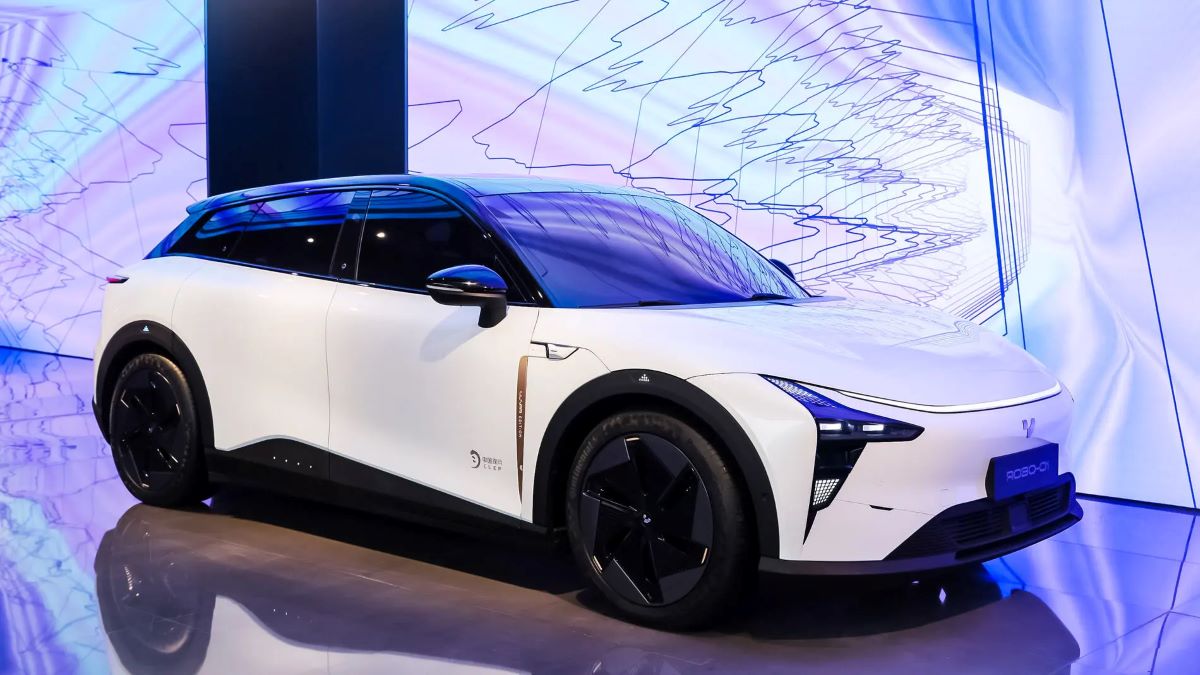
Key accomplishments include the creation of an open-source platform for autonomous driving and conducting extensive public road tests.
However, the company must overcome challenges such as stringent regulations, urban safety complexities, and intense international competition.
5. Cruise
A subsidiary of General Motors, Cruise focuses on developing self-driving technology.
It has achieved significant milestones, such as gaining regulatory approval for testing and deploying autonomous vehicles in San Francisco.

Other successes include fully driverless operations and substantial partnerships. Despite these achievements, Cruise faces challenges like ensuring safety, going through urban environments, and overcoming regulatory and public acceptance issues.
6. Mobileye
An Intel-owned company, Mobileye develops advanced driver-assistance systems (ADAS) and autonomous driving technology. Collaborating with automakers worldwide, the company enhances vehicle safety and efficiency.
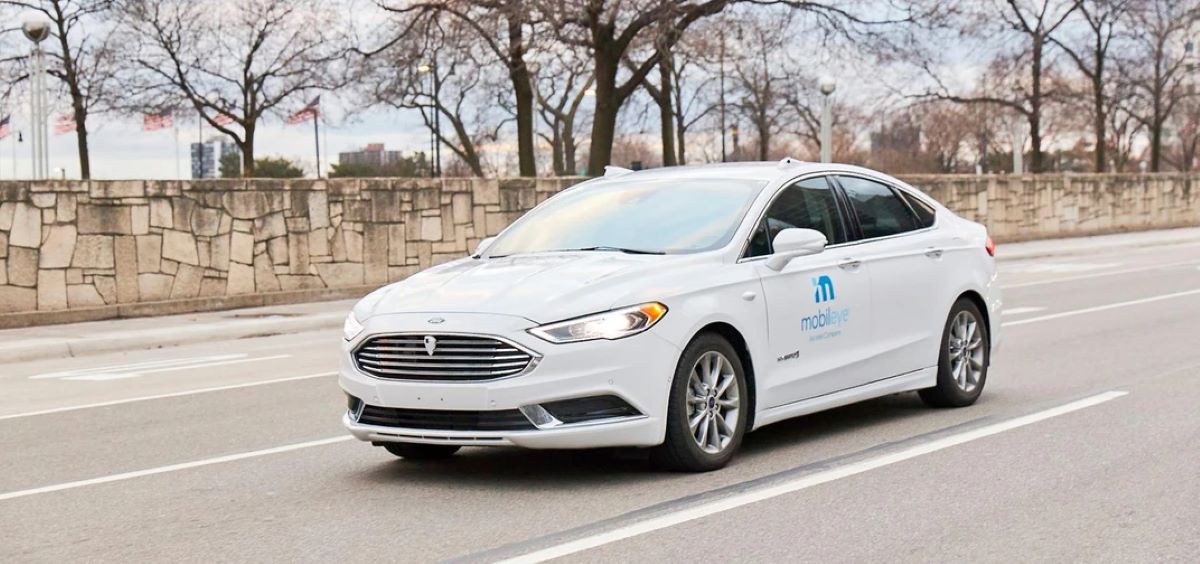
Among its successes is the widespread adoption of its EyeQ chip. Mobileye contends with challenges like intense market competition, technological hurdles to achieve full autonomy, and ensuring safety across varied conditions.
7. Nuro
Specializing in autonomous delivery vehicles for the last-mile delivery market, Nuro collaborates with notable partners like Domino’s Pizza and Walmart.
The company has made strides through regulatory approvals, pilot programs, and strategic partnerships.
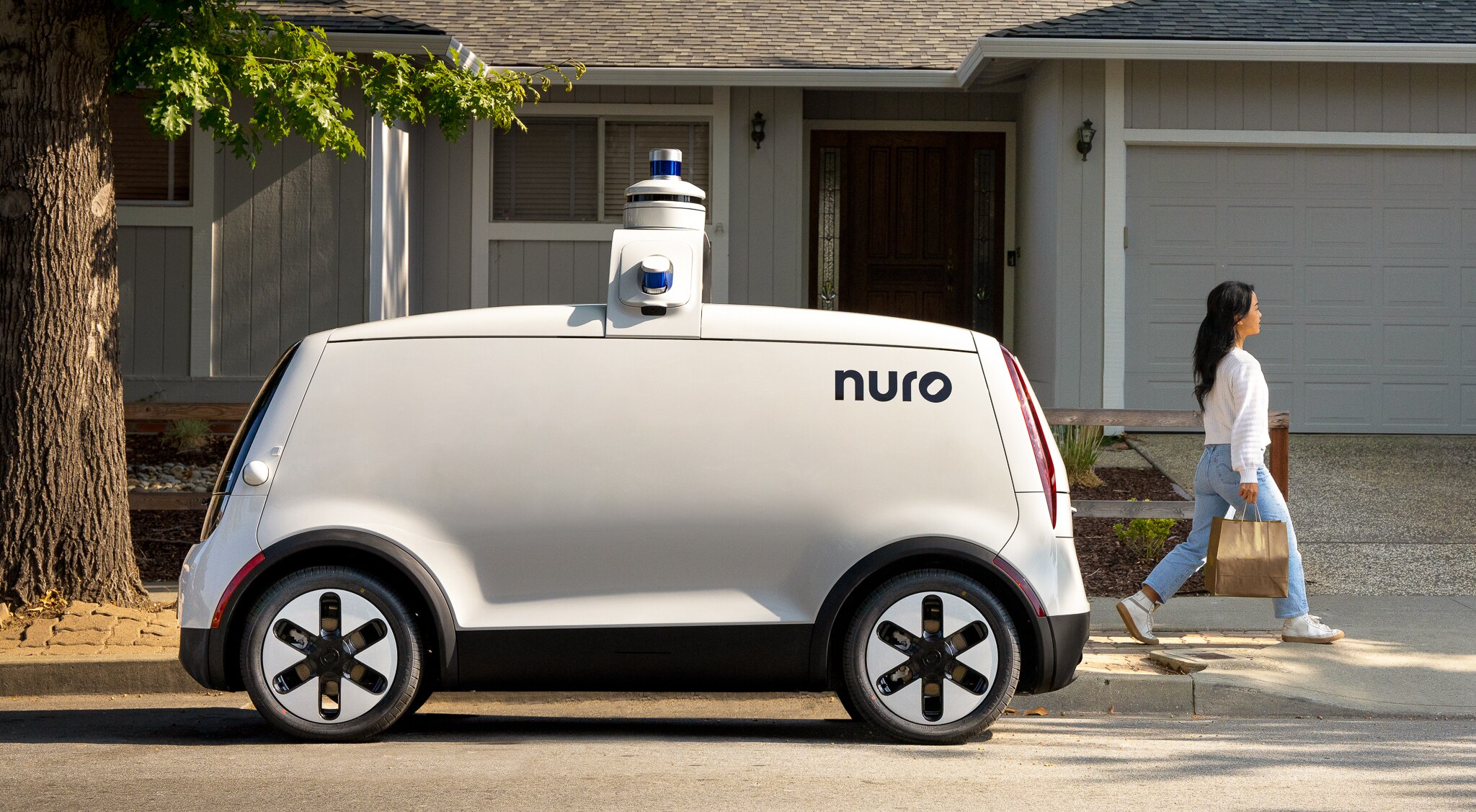
Its ongoing challenges include scaling operations, maintaining vehicle safety and reliability, going through complex regulations, and competing with other delivery-focused solutions.
8. Tesla
Renowned for its leadership in electric vehicles, Tesla integrates advanced driver-assistance systems (ADAS) while striving to achieve fully autonomous driving with its Full Self-Driving (FSD) package.
Its successes include dominating the EV market and pioneering battery advancements.
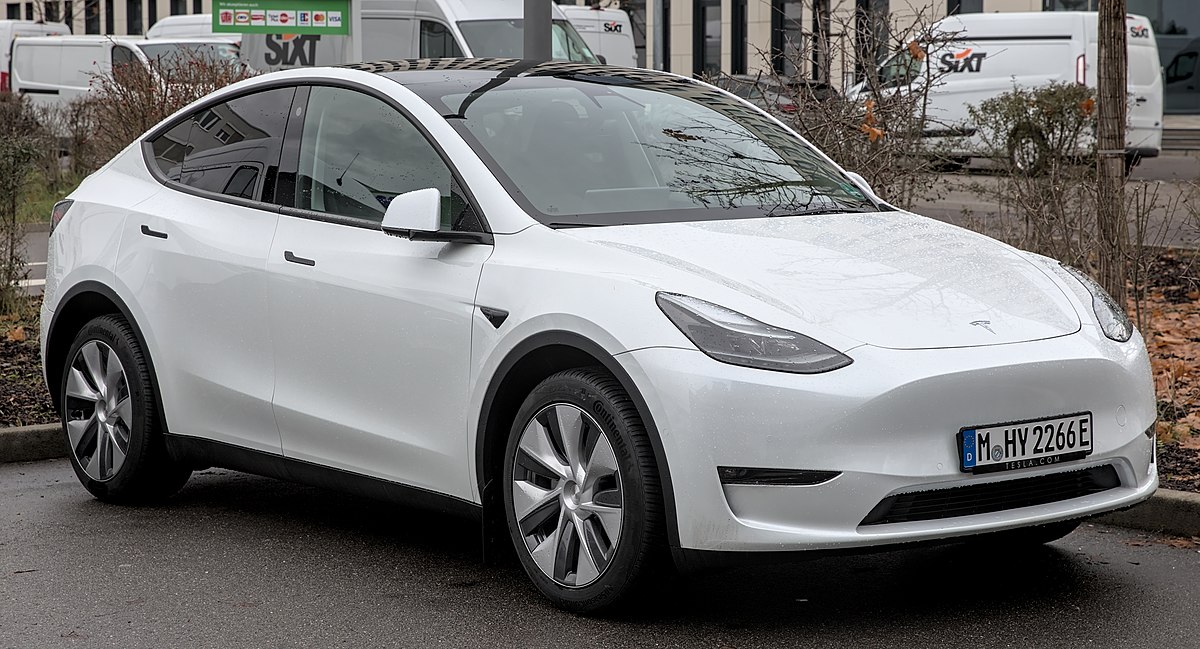
However, Tesla grapples with challenges such as ensuring the safety and reliability of autonomous systems, regulatory scrutiny, rising competition, and addressing public concerns over self-driving technology.
9. Waymo
A subsidiary of Alphabet Inc. (Google’s parent company), Waymo is at the forefront of self-driving technology. It operates a commercial autonomous ride-hailing service, Waymo One, in Phoenix, Arizona.
Its achievements include extensive testing, successful service launches, and advancements in AI and sensor technologies.
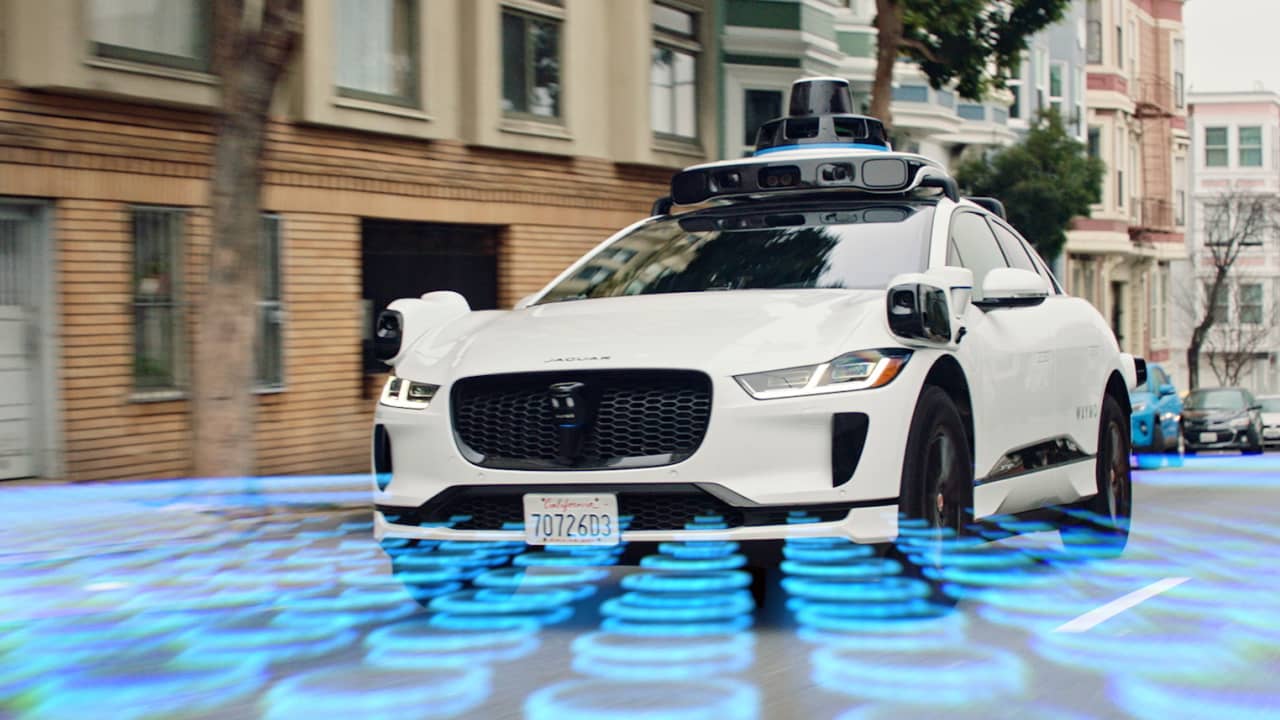
Waymo faces obstacles in expanding to new markets, ensuring safety and public trust, overcoming regulatory challenges, and competing with other market players.
10. Zoox
Acquired by Amazon, Zoox develops purpose-built autonomous vehicles for ride-hailing, emphasizing a unique, fully autonomous, bidirectional design for urban environments.
Zoox has achieved milestones like revealing its cutting-edge vehicle and conducting rigorous testing.
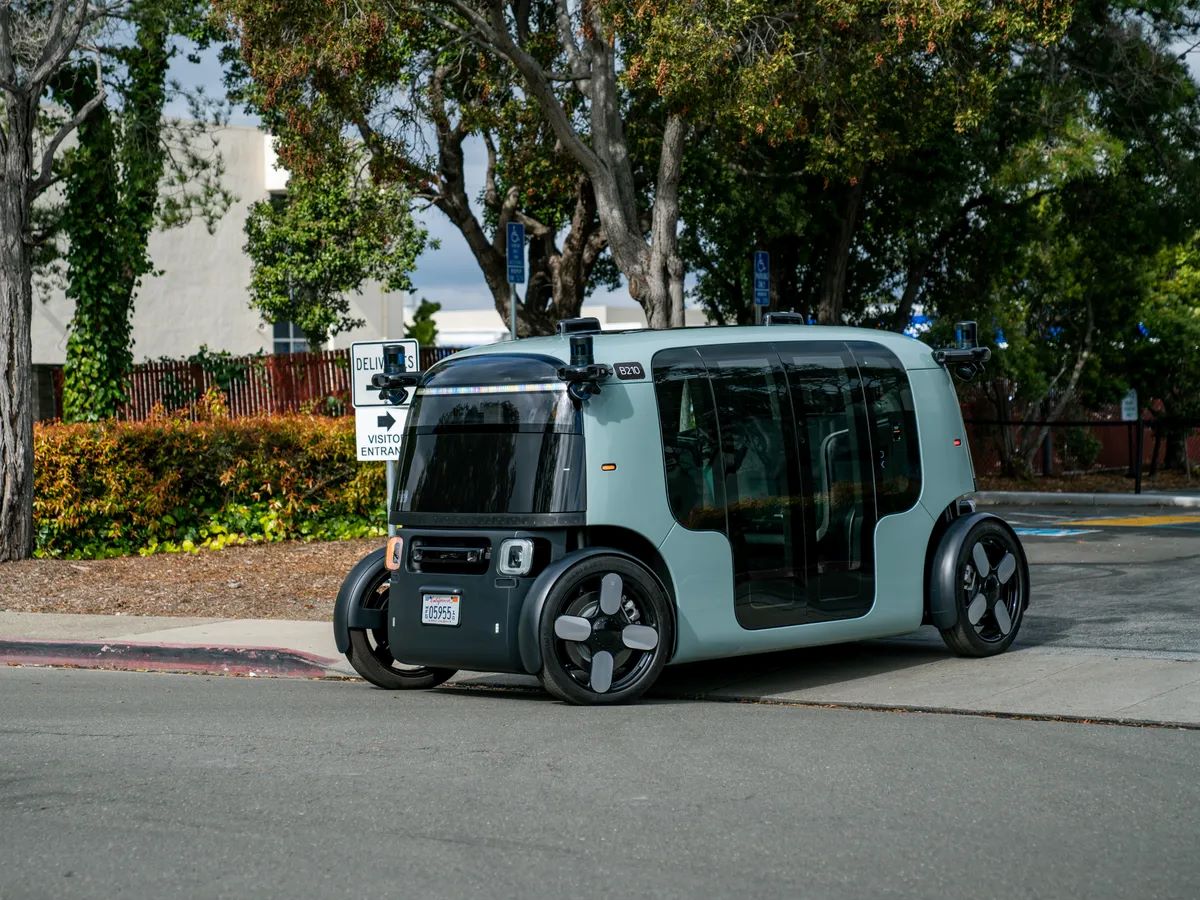
However, challenges persist, including scaling production, securing regulatory approvals, ensuring passenger safety, and competing with established competitors while addressing the complexities of urban driving.

